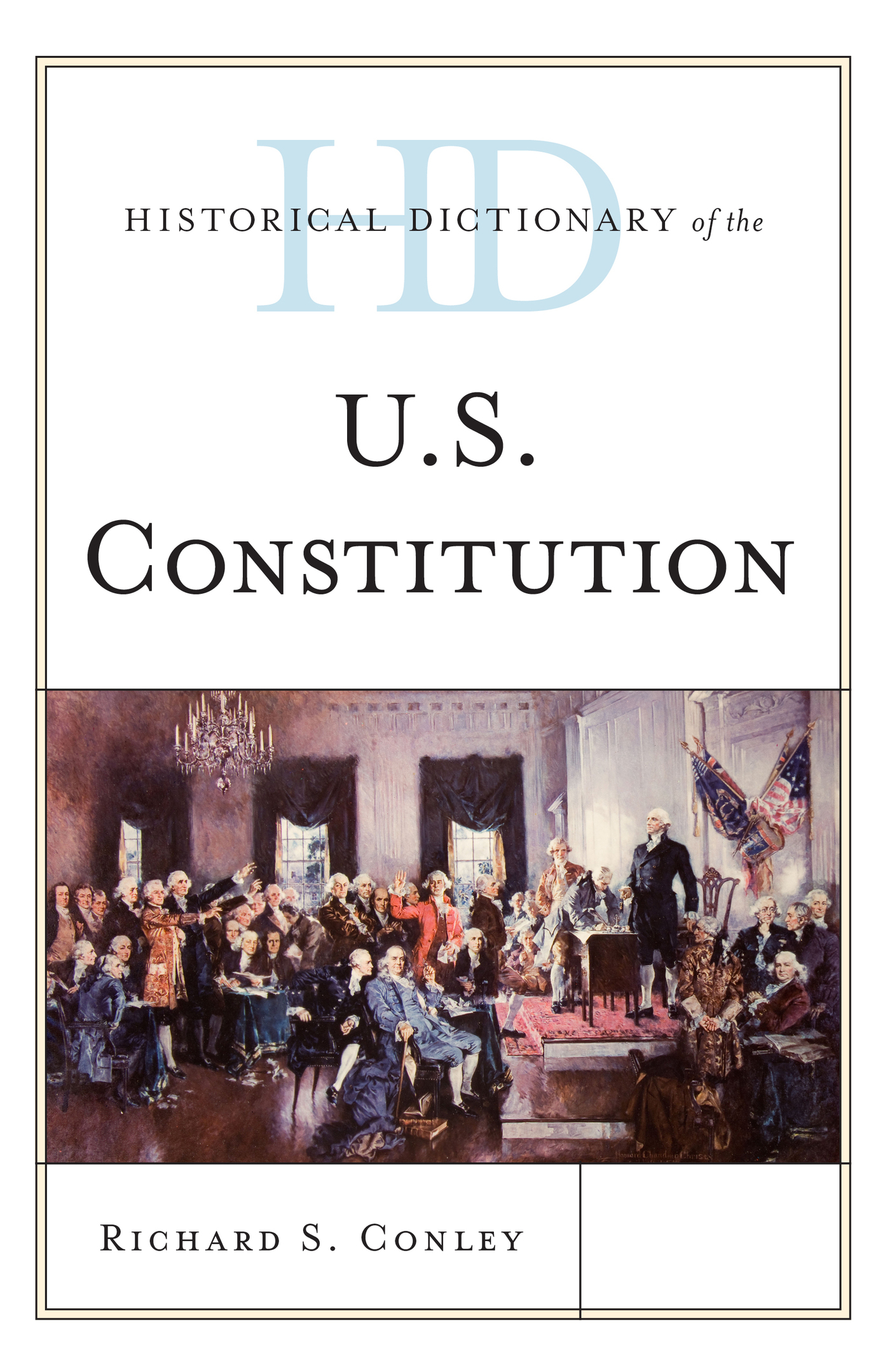The historical dictionaries present essential information on a broad range of subjects, including American and world history, art, business, cities, countries, cultures, customs, film, global conflicts, international relations, literature, music, philosophy, religion, sports, and theater. Written by experts, all contain highly informative introductory essays on the topic and detailed chronologies that, in some cases, cover vast historical time periods but still manage to heavily feature more recent events.
Brief AZ entries describe the main people, events, politics, social issues, institutions, and policies that make the topic unique, and entries are cross-referenced for ease of browsing. Extensive bibliographies are divided into several general subject areas, providing excellent access points for students, researchers, and anyone wanting to know more. Additionally, maps, photographs, and appendixes of supplemental information aid high school and college students doing term papers or introductory research projects. In short, the historical dictionaries are the perfect starting point for anyone looking to research in these fields.
Historical Dictionaries of U.S. Politics and Political Eras
Jon Woronoff, Series Editor
From the Great War to the Great Depression, by Neil A. Wynn, 2003.
Revolutionary America, by Terry M. Mays, 2005.
Early American Republic, by Richard Buel Jr., 2006.
Jacksonian Era and Manifest Destiny, by Terry Corps, 2006.
ReaganBush Era, by Richard S. Conley, 2007.
KennedyJohnson Era, by Richard Dean Burns and Joseph M. Siracusa, 2008.
NixonFord Era, by Mitchell K. Hall, 2008.
RooseveltTruman Era, by Neil A. Wynn, 2008.
Eisenhower Era, by Burton I. Kaufman and Diane Kaufman, 2009.
Progressive Era, by Catherine Cocks, Peter C. Holloran, and Alan Lessoff, 2009.
Gilded Age, by T. Adams Upchurch, 2009.
Political Parties, by Harold F. Bass Jr., 2010.
George W. Bush Era, by Richard S. Conley, 2010.
United States Congress, by Scot Schraufnagel, 2011.
Colonial America, by William Pencak, 2011.
Civil War and Reconstruction, Second Edition, by William L. Richter, 2012.
Clinton Era, by Richard S. Conley, 2012.
Old South, Second Edition, by William L. Richter, 2013.
Carter Era, by Diane Kaufman and Scott Kaufman, 2013.
From the Great War to the Great Depression, Second Edition, by Neil A. Wynn, 2014.
Barack Obama Administration, by Michael J. Pomante II and Scot Schraufnagel, 2014.
KennedyJohnson Era, Second Edition, by Richard Dean Burns and Joseph M. Siracusa, 2015.
U.S. Supreme Court, by Artemus Ward, Christopher Brough, and Robert Arnold, 2015.
American Frontier, by Jay H. Buckley and Brenden W. Rensink, 2015.
U.S. Presidency, by Richard S. Conley, 2016.
U.S. Constitution, by Richard S. Conley, 2016.
Historical Dictionary of the
U.S. Constitution
ROWMAN & LITTLEFIELD
Lanham Boulder New York London
Title: Historical dictionary of U.S. Constitution / Richard S. Conley.
Description: Lanham : Rowman & Littlefield, [2016] | Series: Historical dictionaries of U.S. politics and political eras | Includes bibliographical references.
Identifiers: LCCN 2016011954 (print) | LCCN 2016012460 (ebook) | ISBN 9781442271883 (hardcover : alk. paper) | ISBN 9781442271876 (electronic)
Subjects: LCSH: Constitutional historyUnited StatesDictionaries. | Constitutional lawUnited StatesDictionaries. | United StatesPolitics and governmentDictionaries. | Constitutional historyUnited StatesDictionariesSources. | United States. ConstitutionDictionaries.
Classification: LCC KF4548.5 .C66 2016 (print) | LCC KF4548.5 (ebook) | DDC 342.73003dc23
Printed in the United States of America.
The Constitution only gives people the right to pursue happiness. You have to catch it yourself. Benjamin Franklin
Defined as the medically induced termination of a pregnancy, abortion was legalized nationwide by the Supreme Court in the landmark Roe v. Wade decision of 1973. The justices who wrote the majority opinion contended that a womans right to choose whether to terminate a pregnancy was protected by an inherent right to privacy in the Constitution under the due process clause of the Fourteenth Amendment. Prior to Roe, states had legislated varying degrees of access to abortion services, and some banned abortion procedures altogether. One precedent for this right to privacy came a decade earlier in the case of Griswold v. Connecticut (1965), which established the rights of individuals to obtain and use birth control.
The first vice president and second president of the United States was born in Quincy, Massachusetts. He graduated from Harvard College with an A.B. degree in 1755 and a law degree in 1758. Adamss opposition to British imperial rule in the American colonies commenced with his disapprobation of the Stamp Act of 1765. The instructions he drafted for the residents of Braintree (essentially a letter-writing campaign) to the Massachusetts legislature were replicated by the citizens of other towns in opposition to the tax. He published several articles in the

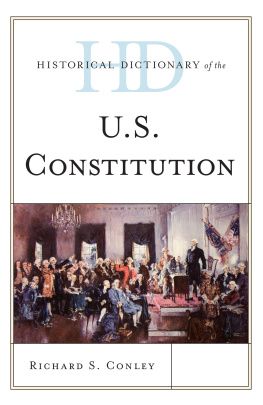
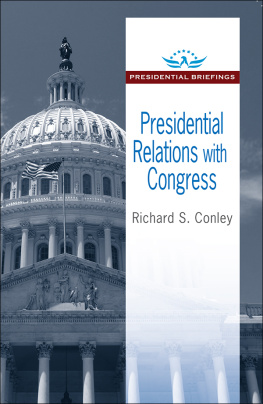

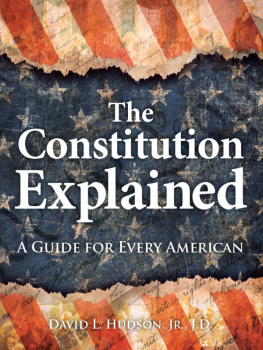
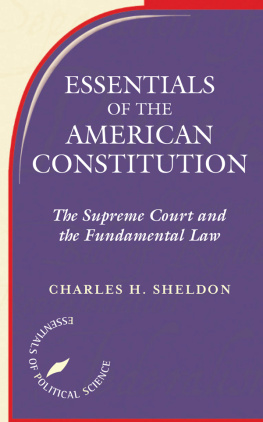
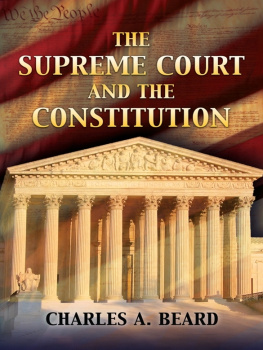
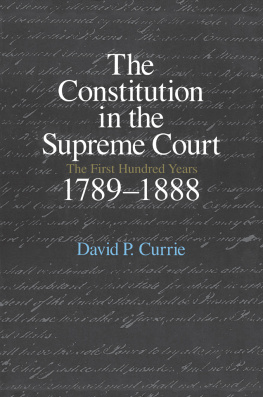
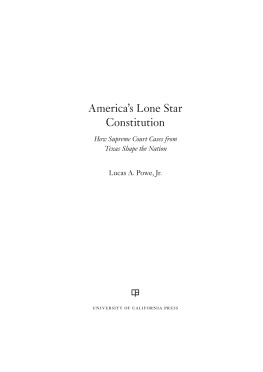

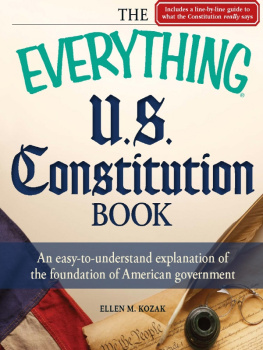

 The paper used in this publication meets the minimum requirements of American National Standard for Information Sciences Permanence of Paper for Printed Library Materials, ANSI/NISO Z39.48-1992.
The paper used in this publication meets the minimum requirements of American National Standard for Information Sciences Permanence of Paper for Printed Library Materials, ANSI/NISO Z39.48-1992.